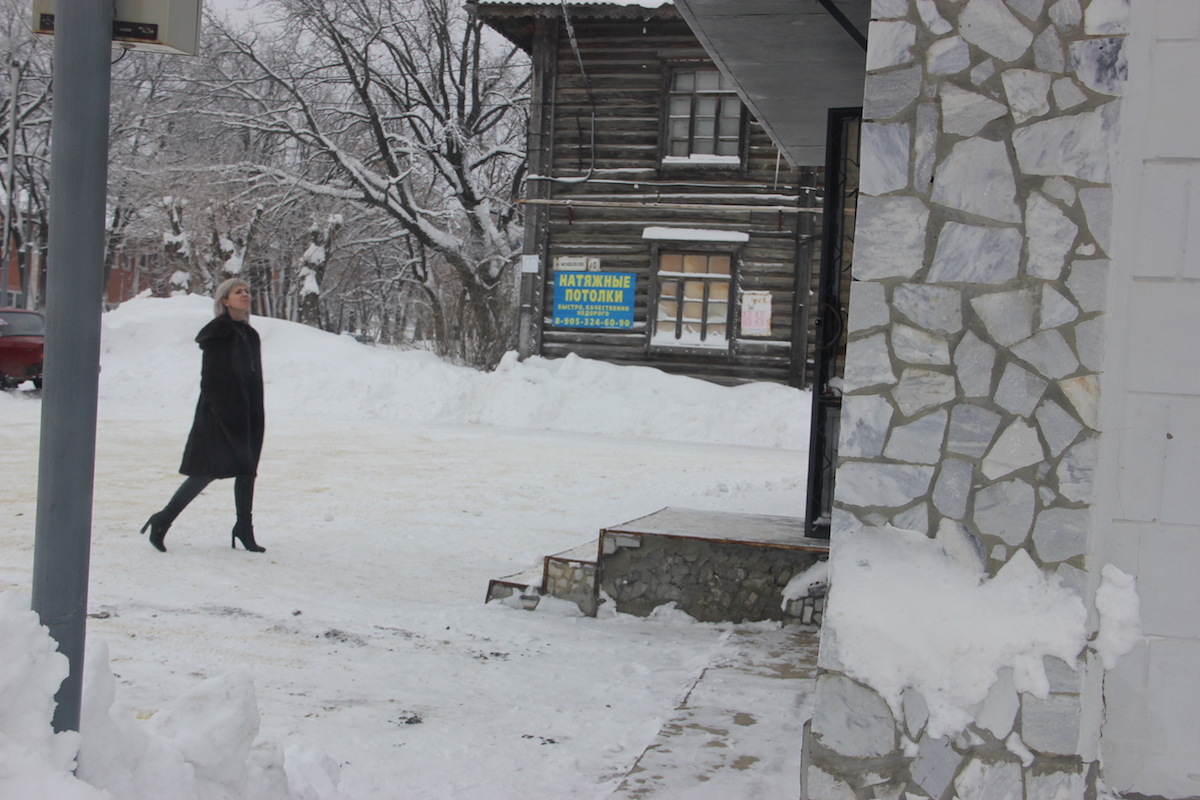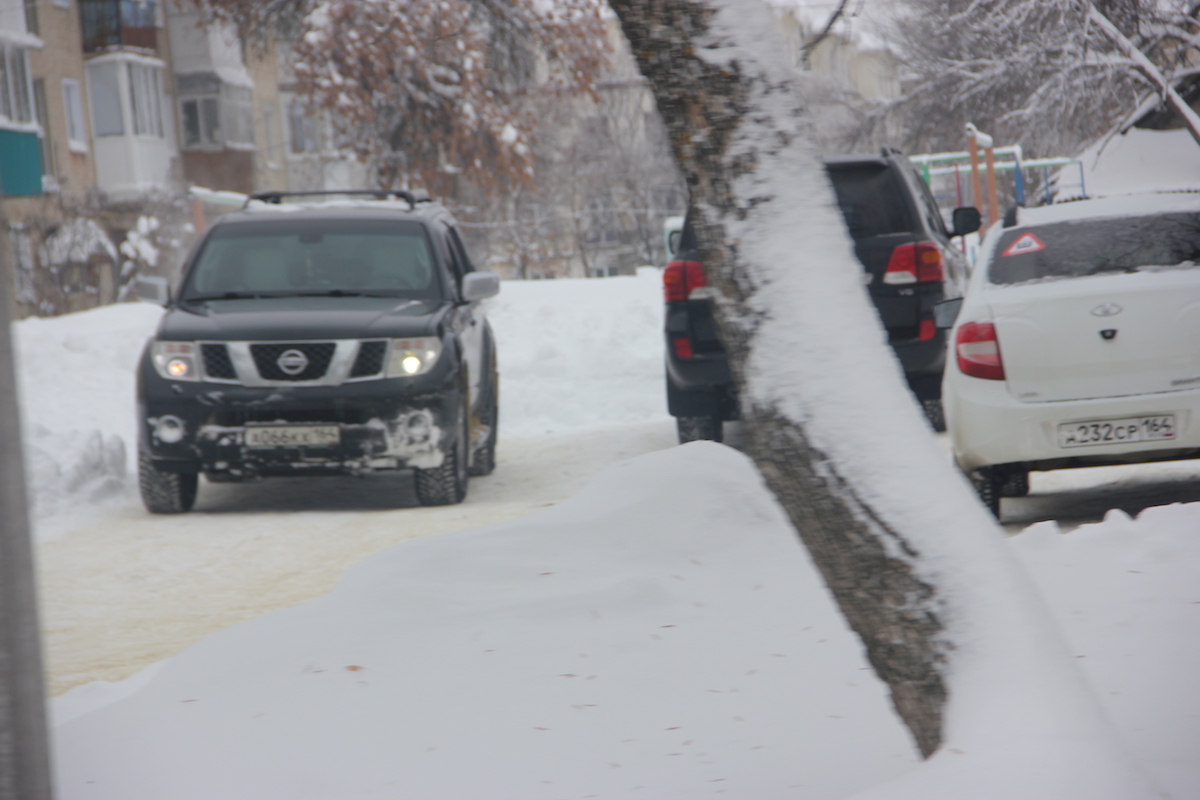Photo report from the Russian village where Novichok nerve agent was produced
“Neither Russia nor the USSR has ever produced chemicals under the code name Novichok,” said Russian Foreign Ministry spokeswoman Maria Zakharova on September 23, 2020.
This was announced as a response to the assertion of the governments of three countries – Germany, France and Sweden – that Russia tried to poison opposition leader Alexei Navalny using the Novichok nerve agent, which is prohibited by the Chemical Weapons Convention.
Russian opposition leader Alexei Navalny was poisoned on 20 August 2020 in Russia. He was taken to Germany for treatment, he was in a coma for 18 days. On September 23, he was discharged from the Berlin clinic “Charite”, he will have a long rehabilitation.
“There is no evidence of any Russian involvement [in the poisoning of Navalny] – as they say, a ‘Russian trace’ – in what happened, and there cannot be one,” Zakharova said.
The story with the use of Novichok for the first time ended with similar comments from the Russian side. On March 4, 2018, according to the British authorities, Russian agents tried to poison former Russian intelligence officer Sergei Skripal and his daughter Yulia, who live in the UK in the city of Salisbury.
At that time, Maria Zakharova called the accusatory statement of British Prime Minister Theresa May “a circus show in the British parliament.”
And Russian President Vladimir Putin answered the question of an English journalist about the attempt on Skripal as follows:
“You first sort it out there, and then we will discuss it with you.“
• Putin tells Macron that Navalny is a ‘pretender and blackmailer’
• Moscow: General challenges leader of Russian opposition to a duel
• How ‘Salisbury tourist’ Anatoliy Chepiga became a Hero of the Russian Federation
Western countries imposed additional sanctions against Russia following the use of the Novichok nerve agent in Salisbury, and promised sanctions after its most recent use against Navalny.
There’s quite a bit known about Novichok. Russian journalists visited the village of Shikhany in the Saratov region in Russia, where, according to representatives of the British special services, the nerve agent was developed.
This is a report by Novaya Gazeta from this trip in early 2019.

Since the New Year, the village of Shikhany in Saratov Oblast has lost its status as a Closed Administrative-Territorial Unit. According to statements from representatives of the British intelligence services, it was here that the Novichok was produced.
Anyone who wants can now visit the hometown of Saratov’s most famous brand. The residents of Shikhany are concerned that now their financing will be significantly reduced, layoffs will begin, and their specialized clinic will be closed.
Poverty is more frightening than chemicals
“The institute was about ten kilometres from here. I try not to go there. The less you know, the better you sleep,” says Sergei Izvekov, a resident of Shikhany.
The State Institute of Organic Synthesis Technology, which developed chemical weapons during the Soviet era, went bankrupt and officially ceased to exist ten years ago.
“We didn’t put too much thought into what precisely the chemists were doing, even though we lived next door to them. It was dangerous to ask,” Sergei says with a shrug.

When the village was closed, almost all the organizations were directly subordinate to the leadership in Moscow.
“The committees from the capital were afraid of travelling here. They didn’t even want to wash their hands under the tap. They’d say ‘bring us water from [the neighboring town] Volska‘,” remembers Izvekov.
He himself was for some reason not concerned about the ecological cleanliness of the area.
“For us it will be a tragedy if they close the medical centre. They’ve made cuts to the gynecological and surgical units. During the New Year holidays I was taken to the regional hospital with a suspected case of appendicitis. They fed me porridge made with water. But in our medical centre there was always a menu, like in a kindergarten!”
They’re also concerned about cuts to the defense and law-enforcement agencies. Without special status, there’s also no need for people in epaulets. There’s no other work for the men in the village.
The removal of the closed status means a significant reduction to finances – in two years’ time the village will have to live purely on its own income and oblast subsidies, as financing from Moscow will be cut.

They haven’t thought up a replacement
Vladimir Fedosov first saw Shikhany in 1975.
“The local director came to us at the institute. He said, ‘go to an urban-type settlement; your institute will be a little far off, in the woods, but there will be hazard pay’.”
Brilliant graduates from the Moscow and Leningrad institutes of chemical engineering gathered at the secret institute. They quickly advanced in their scientific careers. The young families were allocated apartments in what were, by contemporary standards, comfortable five-story apartment buildings.
“We received great goods!” says Vladimir Fedosov, listing off scarce goods: “Olive oil, tangerines, bananas… I first saw Italian jeans here. They shipped them in and sold them in the shop without any sort of allocation system! In my house I had a long wall dresser, an East-German bedroom, a Polish kitchen, and soft, Yugoslavian furniture.
In 1986 I received a Vosmyorka from the union, and it had only just come out in 1985! It’s absolutely correct that the Motherland valued our work.”
In the 1990s, after the signing of the Chemical Weapons Convention, it suddenly turned out that the institute’s primary form of work was banned. Residents of Shikhany were not included in the chemical weapons destruction programme, for which billions were allocated from the budget.
The scientists began to move away. Fedosov was forced to give up his beloved chemistry. Now he works at the vocational and technical school in neighboring Volska.
Thanks to Novichok, the name Shikhany is now known around the world. But this hasn’t brought any good to the village. Almost half the residents are retired. Fedosov’s daughter, like most of the young people born in Shikhany, works in Saratov, and his son works in Astrakhan.
“They haven’t thought up a replacement for the institute,” sighs Vladimir.


















